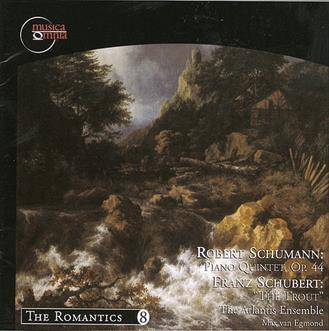
The Strad Issue: January 2008
Musicians: Atlantis Ensemble, Max von Egmond (baritone)
Composer: Schumann, Schubert
It is said that Schumann wept aloud when he heard news of Schubert’s death. Hence this pairing is apt, for this epitome of 19th-century Romantics had the pantheon of Haydn, Mozart, Schubert and Beethoven (with the last at its apex) to draw on as his models.
Even in the fateful years 1828–9 Schumann was cutting his teeth on his own early piano quintet. His glorious E flat major Quintet dates from 1842, his miraculous chamber music year, and – Clara being pregnant and unavailable as pianist – Mendelssohn stepped in for the premiere.
As the Atlantis ensemble’s riveting reading reminds us, this is Schumann at his most brilliant and fertile. This agile, expressive performance is notable for the ensemble’s ideally judged choice of tempos, their spirited bravura and their overall timbre: several, including their inspiring leader Jaap Schröder, the beautifully defined cellist Enid Sutherland and (in the Schubert) double bassist Anne Trout, are outstanding players of Baroque music also. Penelope Crawford, the fortepianist, plays an eloquent, responsive instrument of c.1835 by Conrad Graf of Vienna: the result is first-rate definition, further enhancing the attractive textures of this bold, intelligent and original ensemble.
The playing is admirable in all departments. Schumann has a rare gift for bringing out the individuality of every instrument – imaginative viola detail in the march-like second movement, for instance. The later movements acquire an almost Russian hue, daringly wild and abandoned at times. The Schubert song sounds a little pallid, but the ‘Trout’ Quintet (especially the playful bass) has much of the Schumann’s flair: the Andante’s reprise is magical; the Tema of the Variations sounds like luscious viol-playing. Music Omnia supplies a quality of sound to match.
Roderic Dunnett



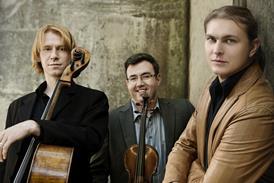


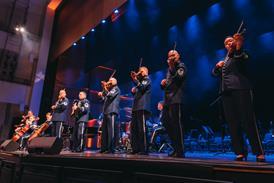
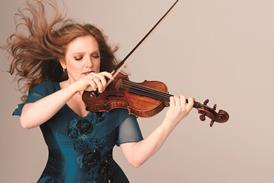



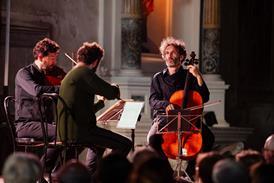
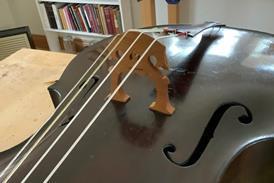
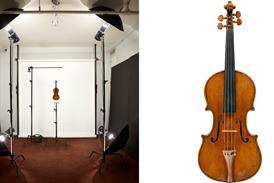

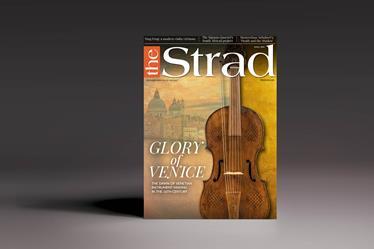






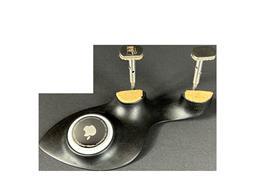









No comments yet